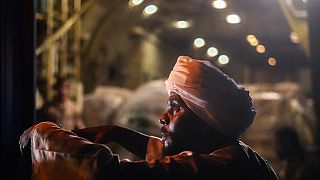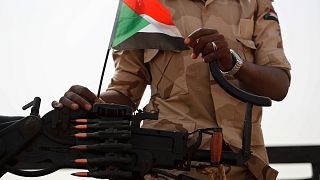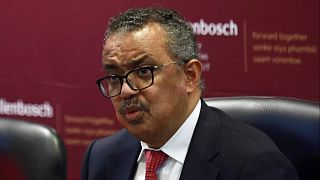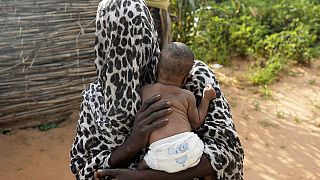Sudan
The United Nations’ top human rights body on Thursday held a one-day emergency session on Sudan to draw attention to the killings, injuries and other abuses against civilians since the conflict between its two top generals erupted last month.
The U.N.-backed Human Rights Council, which is made up of 47 U.N. member states,adopted a resolution that would further scrutinize current human rights violations taking place in Sudan.
The resolution was adopted by a vote of 18 in favour, 15 against, and 14 abstentions.
It called for an immediate cessation of hostilities “with no pre-conditions”, and a recommitment of all parties to return to a transition towards civilian-led government.
The fighting in Sudan started as a result of a power struggle between the chief of Sudan’s military, Gen. Abdel Fattah Burhan, and rival Gen. Mohamed Hamdan Dagalo, who commands a powerful paramilitary group called the Rapid Support Forces, or RSF.
During the opening speech of the session, United Nations High Commissioner for Human Rights Volker Türk accused both sides of violating international humanitarian law.
Turk accused the Sudanese military of launching attacks in densely populated civilian areas and the RSF of taking over “numerous buildings in Khartoum to use as operation bases, evicting residents and launching attacks from densely inhabited urban areas."
The call to hold the special session was led by Western countries.
Council member states — including Chile, Costa Rica, Georgia and Kyrgyzstan — joined the call for the special session.
The main co-sponsors of the draft resolution were all European, in addition to the United States.











01:25
MSF: Access to healthcare in Sudan 'almost impossible' as attacks on healthcare facilities increase
01:05
Ethiopia's mega-dam on the Nile is "now complete", Prime Minister says
01:55
US contractors say colleagues fired live ammunition at Palestinians seeking food
01:22
World will have to learn to live with heatwaves, UN says
01:39
Sustainable development financing conference opens in Seville
01:49
Sudanese refugees in Chad face deepening humanitarian crisis